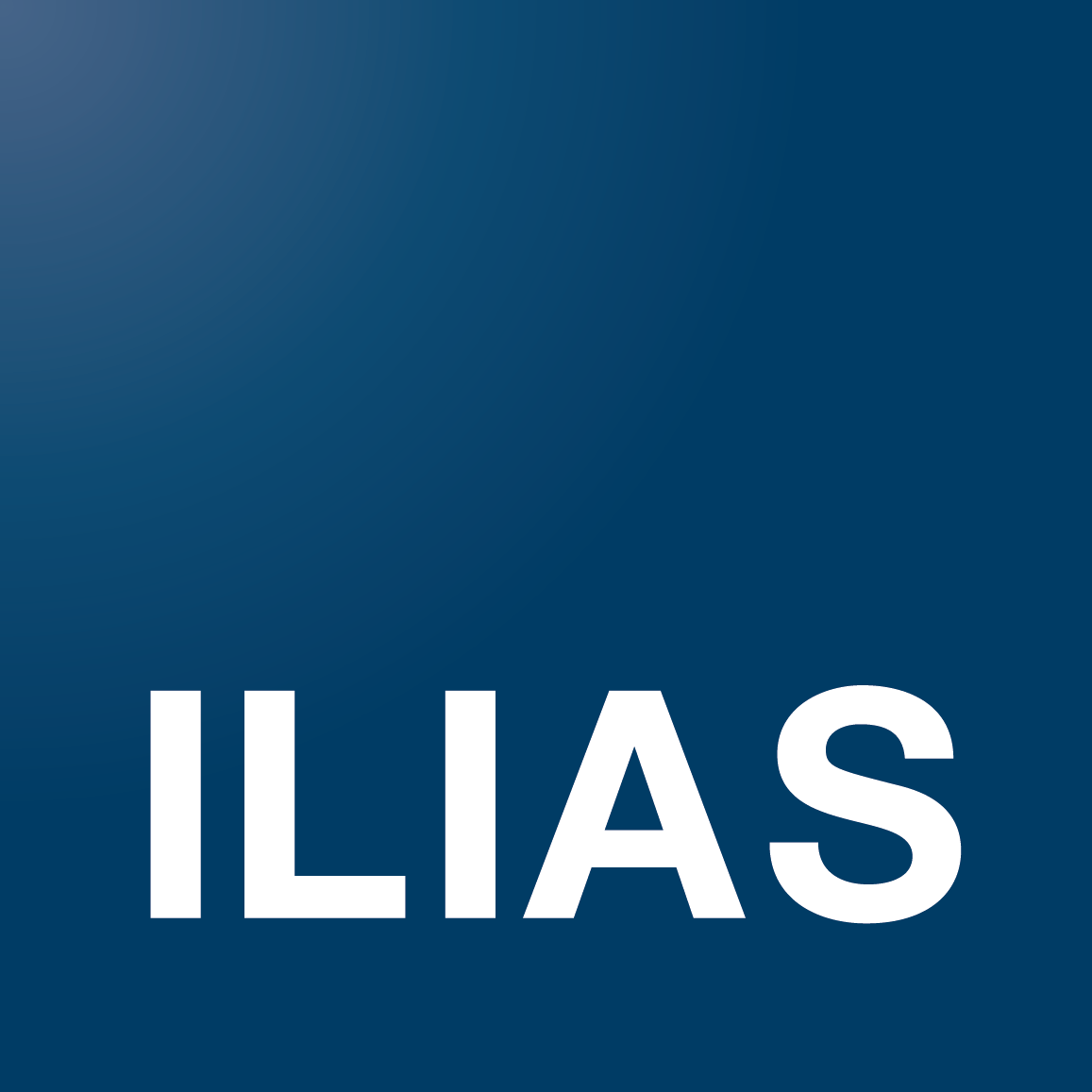-
 Solutions for Public Service & Administration
Solutions for Public Service & Administration
ILIAS is the first choice for public service providers and other large administrative bodies.
After all, providing citizen-oriented services is particularly important. The data involved is usually especially worthy of protection. That is why more and more large public administrations, pension providers, professional associations and health insurers are starting to rely on ILIAS.
ILIAS was granted security certification by NATO back in 2008. Content and data in an ILIAS installation are extremely well protected against unauthorised access. That is why ILIAS was cleared to be run on NATO's secured intranet in order to use and share sensitive learning content and documents.
Large numbers of users pose no problem to ILIAS thanks to its outstanding scalability. For example, the South Tyrol provincial government has around 50.000 active ILIAS users on their ILIAS platform and the University of Cologne has over 100.000 active users!
The Netherlands have successfully introduced ILIAS as the central LMS for their armed services. They use the integrated 360° Survey and the Competence Management intensively in order to identify the strengths and weaknesses of their members of staff and to offer them the appropriate learning and training opportunities. Thanks to the many integrated tools, they are able to immediately implement their desired scenarios in e-learning. These include onboarding new members of staff, as well as returnee training courses, and making e-government documentationen or manuals for other software used in their institution available.
In order to protect the data of your staff both internally and externally, ILIAS includes a precise role-based access system – each user can only see the data that they are allowed to see.
Data protection
ILIAS optimally protects your staff's data and can easily be used so that it conforms to European data protection regulations (GDPR). Learning progress data can be made accessible in a structured, differentiated manner and fully compliant with staff-council requirements.
Highly secure networks
Public services providers exercise public authority. The data involved is often therefore especially worthy of protection. ILIAS can be run as an LMS in highly secure networks and is therefore especially popular among police, fire, military and catastrophe services and ministries.
Accessibility
ILIAS makes it possible to implement barrier-free training, courses and tests.
E-government
As open-source software with plug-in interfaces, ILIAS can be adapted, if required, to offer e-government services. In order to achieve this, you can rely on the help of professional service providers who have been working with ILIAS for years and have accompanied many successful implementations for public service providers.
Automatic course generation at the FHöV NRW, Germany

Eight locations spread across North Rhine-Westfalia, more than a thousand internal and external teaching staff and over 8,700 students: implementing e-learning at the University of Applied Sciences for Public Administration and Management of North Rhine-Westphalia, Germany, is quite a challenge.
As Thomas Schroeder from the university's Scientific Services department tells us - it is great then when your LMS makes life easier for you. Thanks to a direct connection to the local campus management software, all necessary courses are automatically created in ILIAS.
Important ILIAS features for public service providers and administrations
The requirements made of a learning management system vary greatly depending on the what it is being used for. With ILIAS you have a tried and trusted system, with all important features already integrated. You can, however, decide to limit or even completely deactivate the features of your choice for certain user groups. ILIAS makes everything possible, without overwhelming you. Among our most popular features for public service providers and other large administrative bodies:


